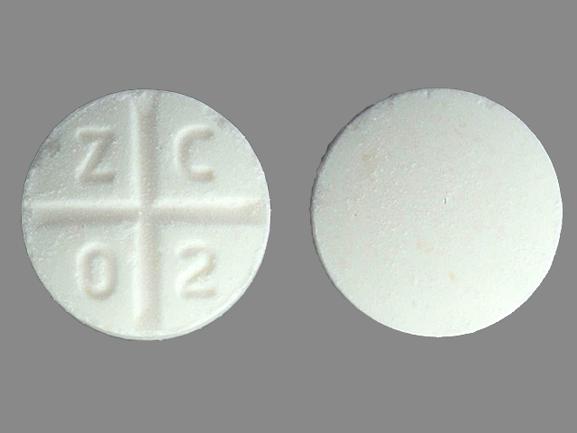Promethazine Interactions
There are 692 drugs known to interact with promethazine, along with 13 disease interactions, and 2 alcohol/food interactions. Of the total drug interactions, 95 are major, 582 are moderate, and 15 are minor.
- View all 692 medications that may interact with promethazine
- View promethazine alcohol/food interactions (2)
- View promethazine disease interactions (13)
Most frequently checked interactions
View interaction reports for promethazine and the medicines listed below.
- Adderall (amphetamine / dextroamphetamine)
- Ambien (zolpidem)
- Benadryl (diphenhydramine)
- Cymbalta (duloxetine)
- Fish Oil (omega-3 polyunsaturated fatty acids)
- Flexeril (cyclobenzaprine)
- Flonase (fluticasone nasal)
- Klonopin (clonazepam)
- Lexapro (escitalopram)
- Lyrica (pregabalin)
- Metoprolol Succinate ER (metoprolol)
- MiraLAX (polyethylene glycol 3350)
- Nexium (esomeprazole)
- Norco (acetaminophen / hydrocodone)
- ProAir HFA (albuterol)
- Protonix (pantoprazole)
- Prozac (fluoxetine)
- Seroquel (quetiapine)
- Singulair (montelukast)
- Synthroid (levothyroxine)
- Topamax (topiramate)
- Tylenol (acetaminophen)
- Vitamin B12 (cyanocobalamin)
- Vitamin C (ascorbic acid)
- Vitamin D2 (ergocalciferol)
- Vitamin D3 (cholecalciferol)
- Xanax (alprazolam)
- Zofran (ondansetron)
- Zoloft (sertraline)
- Zyrtec (cetirizine)
Promethazine alcohol/food interactions
There are 2 alcohol/food interactions with promethazine.
Promethazine disease interactions
There are 13 disease interactions with promethazine which include:
- acute alcohol intoxication
- CNS depression
- hematologic toxicity
- hypotension
- liver disease
- antidopaminergic effects 1
- asthma
- anticholinergic effects
- asthma/COPD
- breast cancer
- NMS
- seizure disorders
- antidopaminergic effects 2
More about promethazine
- promethazine consumer information
- Compare alternatives
- Pricing & coupons
- Reviews (399)
- Drug images
- Latest FDA alerts (4)
- Side effects
- Dosage information
- Patient tips
- During pregnancy
- Support group
- Drug class: antihistamines
- Breastfeeding
Related treatment guides
Drug Interaction Classification
| Highly clinically significant. Avoid combinations; the risk of the interaction outweighs the benefit. | |
| Moderately clinically significant. Usually avoid combinations; use it only under special circumstances. | |
| Minimally clinically significant. Minimize risk; assess risk and consider an alternative drug, take steps to circumvent the interaction risk and/or institute a monitoring plan. | |
| No interaction information available. |
See also:
Further information
Always consult your healthcare provider to ensure the information displayed on this page applies to your personal circumstances.


